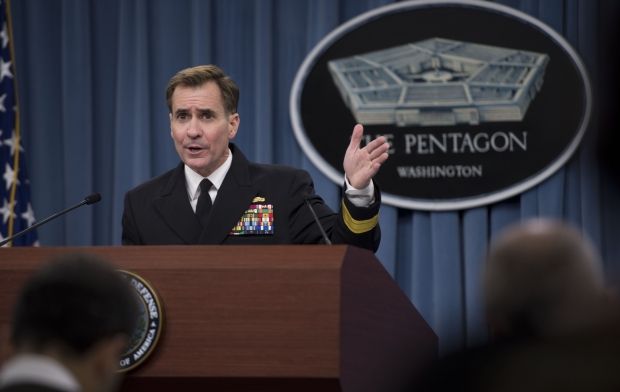
"Each visa application, regardless of whether it's under the K-1 program or not – each one is treated individually on a case-by-case basis. Not – point number two, it's not just the State Department that is responsible for doing this vetting. We do this in concert with the Department of Homeland Security," Kirby said at a daily press briefing in Washington, DC, on December 14.
"If a consular officer, in doing the interview and working with – working their way through their part of it, feels like it would be valuable or necessary to look at social media or the social media presence of an individual, they can and do conduct those reviews. But it's not absolute in every case. Each one is taken individually. It is also a fact – and I'm not speaking about this specific case – but it is also a fact that many people disguise their identities on social media. It's also a fact that many of them have in place privacy settings that would prohibit a consular officer from being able to see much of anything in terms of content on their social media platform," he said.
The issue of possible additional checks of applicants for a U.S. visa in social media has been raised due to the investigation of a mass shooting incident in California. The suspects in the crime are ethnic Pakistanis Syed Rizwan Farook and his wife Tashfeen Malik. Farook was born in the United States in a family of ethnic Pakistanis, while Malik, whose parents were also Pakistanis, grew up in Saudi Arabia. In 2014, she moved to the U.S. by a marriage visa.
Just before the incident, Malik wrote on Facebook a post praising the leader of the Islamic State terrorist group Abu Bakr al-Baghdadi. In addition, according to The Los Angeles Times, in 2012 and 2014 Malik sent two personal messages via Facebook, which were intended to a selected group of her Pakistani friends, where she had expressed support for the ideas of jihad and declared that one day she would "join the fight."

